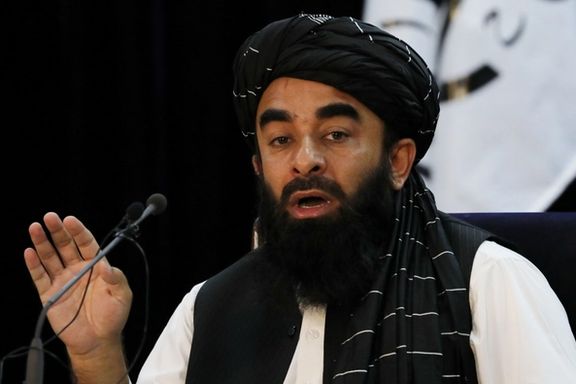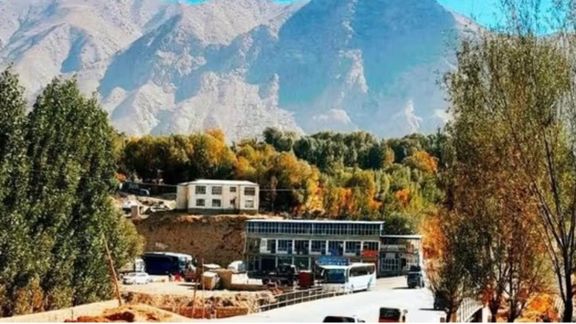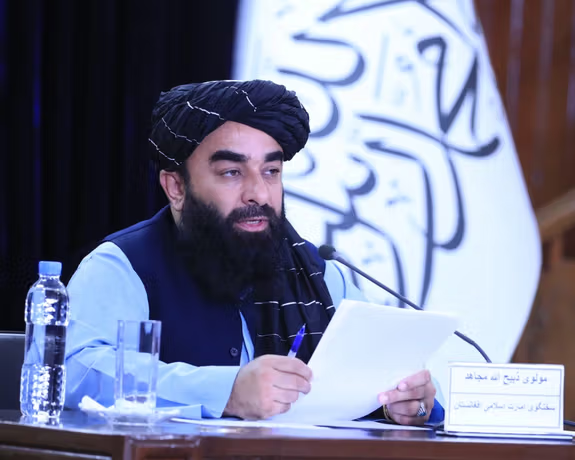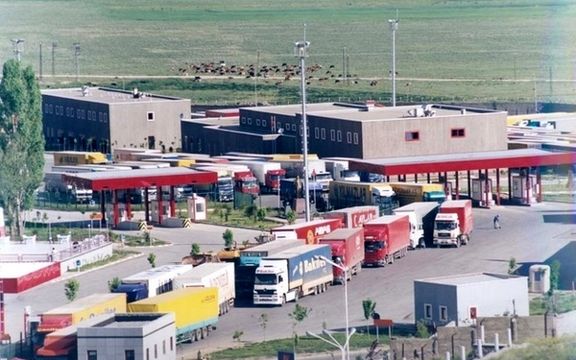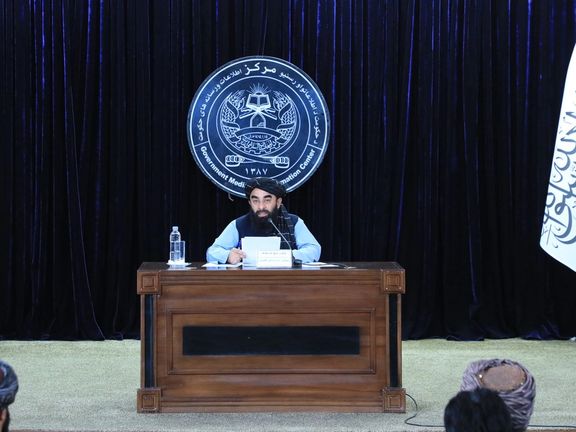Afghanistan International previously reported that in January 2025, the Taliban secretly transferred dozens of families linked to Tehreek-e-Taliban Pakistan (TTP) to Ghazni province.
Mujahid made the remarks during an online press conference following the collapse of Taliban–Pakistan talks in Istanbul, where he addressed relations with Islamabad and the security situation in Pakistan.
He said: “The Islamic Emirate relocated those tribal migrant families who were living near the Durand Line and feared persecution in Pakistan, moving them to central areas and constructing camps for them so they could be more easily and securely monitored.”
Mujahid added that “carrying weapons is completely prohibited for tribal migrants in Afghanistan.”
According to Afghanistan International’s investigation, the relocation took place in January 2025 after pressure and attacks from Pakistan prompted TTP leaders to conditionally agree to move some of their families.
The families were transferred from camps in Khost and Paktika, near the Pakistan border, to migrant camps in Ghazni province. Sources said the Taliban pledged not to fingerprint or photograph the families and to provide each household with monthly payments, relocation support, and housing expenses.
A source involved in the transfer said: “The families agreed to move on the condition of privacy and financial assistance.”
According to the source, the Taliban’s Refugees Commission, the Ministry of Interior, the Ministry of Tribes and Border Affairs, and the Ministry of Information and culture participated in the process. Each migrant family member was promised a $40 monthly stipend, $500 for relocation, and additional funding for rent and household needs in Ghazni.
A source close to the TTP told Afghanistan International that Waziristani families were registered under pseudonyms and that only identity cards issued by the TTP were recognised for access to benefits and services.
The Taliban administration has built three residential compounds for the families of Waziristani fighters and other foreign nationals in Ghazni: one in the Malakuddin area of Nawa district, another in the Bagh-e-Atar desert of Qarabagh district’s Gul Koh area, and a third in Dasht-e-Kabuli in Waghaz district.
These settlements comprise single-storey, fortified houses with plans for schools, religious seminaries, health centres, and water supply systems. Barbed wire fences have been installed around the compounds after some displaced Waziristani families initially refused to move there.
The relocation plan reportedly included families affiliated with Hafiz Gul Bahadur’s faction and the TTP from Khost and Paktika provinces. So far, only a small number of families from the Mehsud and Dawar tribes linked to the TTP have moved to the Qarabagh camp.
Security for the camps is being maintained by the TTP, which has deployed its own guards and established an internal administrative structure.
However, Afghanistan International’s latest findings from Ghazni indicate that some of these families have since returned to Khost and Paktika.
